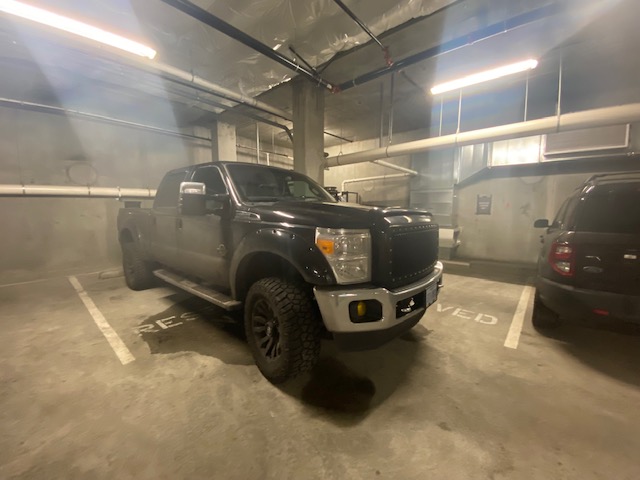The word “micromobility” has become a familiar catch-all term to describe transportation options that are significantly smaller and lighter than the cars, SUVs, and pick-up trucks that dominate our roads.

There are a dizzying array of options that fall under this definition. The Federal Highway Administration broadly defines “micromobility” as “any small, low-speed, human- or electric-powered transportation device, including bicycles, scooters, electric-assist bicycles, e-scooters, and other small, lightweight, wheeled conveyances.”
Whether using words like “small” to discuss this new class of transportation options is accurate and appropriate, though, deserves a closer look.
When we hear any word with the prefix “micro,” we intuitively understand that it refers to something not just small, but smaller than the norm. A microbe is a tiny living thing, too small to be seen by the naked eye; a microbrewery specializes in limited production beers; and a microhm is one millionth of an ohm.
Yet the increasingly popular transit options that road safety advocates and transportation planning professionals now routinely refer to as “micromobility,” are not miniature — and they're certainly not too small for the human body and cargo they transport. In actuality, they are often the most appropriate option for their riders and the task at hand.
After all, a cargo e-bike or a pedal-powered bike with panniers can fit most of the things we might pick up on a typical trip to the store. A scooter fits far more comfortably into a low-income family budget than a car or a truck, especially after you factor in the cost of fuel, insurance, and maintenance. And bikes fit into our communities better, too: they contribute considerably less to road congestion, they’re easier to park, and they pose significantly less danger to other road users compared to a large SUV or a pick-up.
The term “micromobility” only makes sense if we accept motor vehicles as the default. Yet so often, these vehicles are oversized for the purposes for which they’re used. And increasingly, cars, SUVs, and pick-up trucks take up significantly more space than we need to pick up our kids from school or transport ourselves to work.
There are some situations, of course, in which a large pick-up truck is appropriate; say, as part of a fleet for a construction company, or for landscaping or agricultural work. Yet these very large vehicles are increasingly marketed for everyday passenger transport and simple errands around town. It’s not uncommon for individuals to drive alone with no one in the passenger’s seat and nothing in the trunk or the cab, carting the equivalent of a small living-room set around with them.
And all this excess has deadly consequences. US-manufactured SUVs and pick-up trucks have been steadily increasing in size, with ever-larger front grills and blind spots. Their size has been correlated with a disproportionate rise in cyclist and pedestrian fatalities over the past decade. These vehicles take up more space on the road and in our cities, and, especially in recent years, they’ve grown so large that they don’t even fit in standard parking spaces.

SUVs, pick-up trucks, and passenger cars should not be the benchmark by which we judge the size of other forms of transit, and the term ‘micromobility’ encourages us to believe that they are.
Instead, we should intentionally drop the preface “micro” in micromobility and start referring to bikes, scooters, and the human body simply as “mobility,” And we should also add an appropriately descriptive prefixes to ever-larger cars, SUVs and pick-up trucks: Maybe we could call them “oversized-mobility;” “space-hogging-mobility”; or better yet, “deadly-mobility.”
If we are still too beholden to our car culture to speak in a way that accurately reflects the growing size of cars and trucks, then at the very least, let’s replace the inaccurate “micro” prefix with something more accurate: “right-sized-mobility”; “low-impact-mobility;” or simply, “human-scaled mobility.”
The language we use to describe road traffic has not evolved as quickly as our thinking on how to improve road traffic, safety, and the livability of cities. Our continued use of terms like “accident”, “jaywalking,” and — yes — “micromobility” reflects and reinforces American car culture. And when we use these words, we perpetuate the very thing we are trying to dismantle: car supremacy.
Sarah Risser advocates for safe roads and victims rights. She believes getting as many cars off the road as possible by prioritizing robust human-scaled mobility infrastructure is an effective way to address our dual climate and road safety crises.






